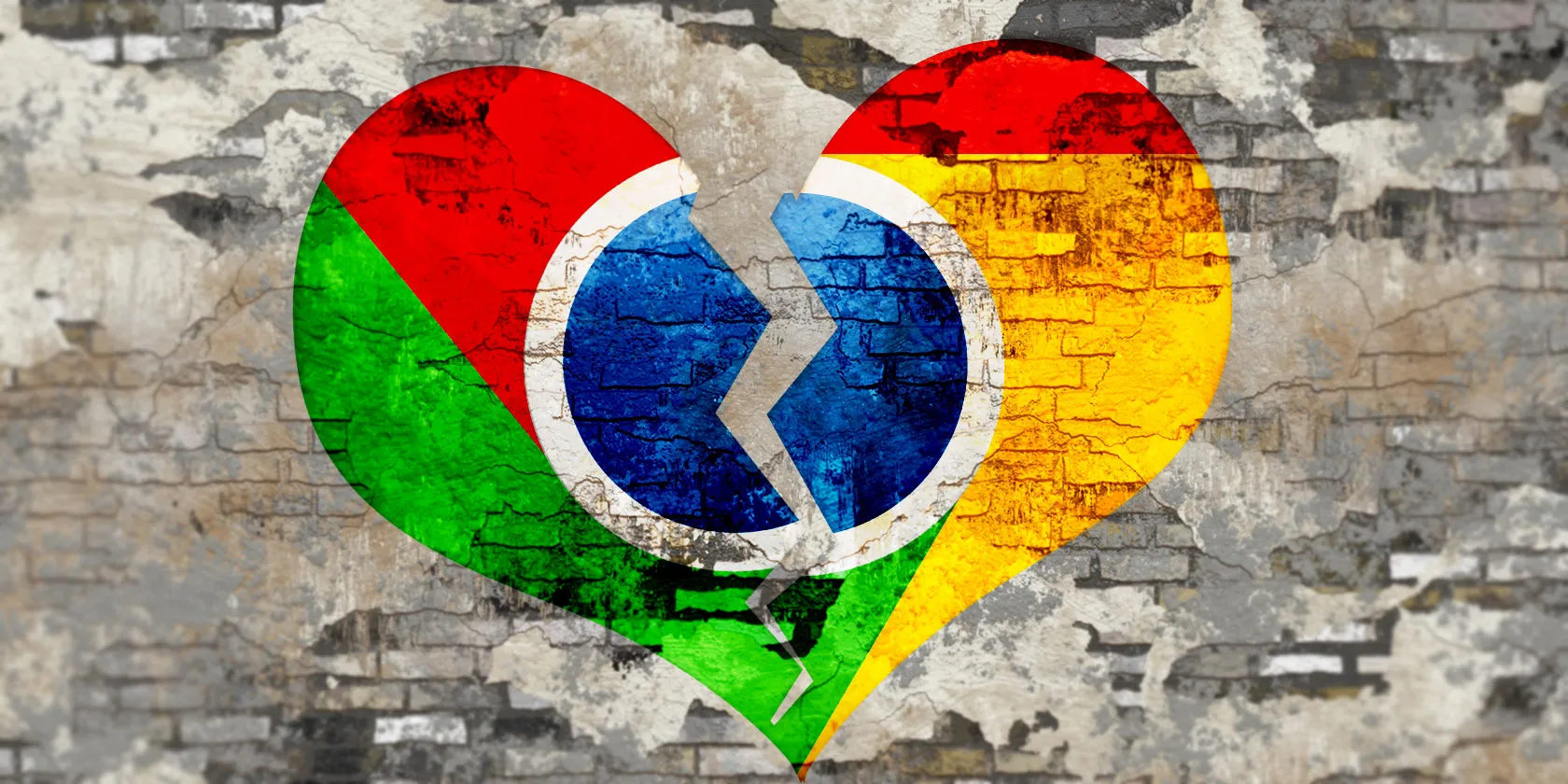How Google’s AI is harmful
Google's AI can mislead users, perpetuate bias, and invade privacy.

-
The Rise of Google’s Influence
Google initially gained prominence by analyzing web traffic and links, effectively reflecting the choices and popularity of the market. Its search engine’s ranking system was designed to mirror the collective preferences of internet users.
-
The Shift to AI and Information Control
In recent years, Google has transitioned from a tool that aids in finding information to one that interprets and dictates what constitutes truth. With the integration of AI, Google’s capabilities now extend beyond mere summaries to influencing public opinion.
According to reports, Google’s CEO has expressed intentions to utilize AI to suppress certain voices, notably labeling conservatives as “low information” voters [1].
This move raises concerns about the potential manipulation of public discourse through mainstream channels, unchecked and with limited external oversight.
-
AI in Personal Data: The Google Photos Controversy
Google’s new AI features, such as the “Ask Photos” function, allow users to search their photo libraries using conversational queries instead of traditional keywords [2].
This capability, while enhancing user convenience, also raises significant privacy concerns. By analyzing vast amounts of personal data, Google can shape individual perceptions and potentially influence consumer behavior.
-
Ethical Concerns and Public Reaction
Critics argue that Google’s evolution from a search engine to a data-driven AI powerhouse poses ethical dilemmas. The ability to curate and present information based on algorithms could lead to biased narratives and reinforce certain perspectives while suppressing others.
In response to these developments, privacy advocates and lawmakers have called for greater transparency and accountability in how tech giants handle user data and influence public opinion.
-
Controversy Around RebelNet
Recently, several security vendors flagged the RebelNet domain as malicious, potentially limiting its online visibility intentionally.
This controversy underscores broader debates over digital censorship and freedom of expression in the digital age.
Conclusion
As Google continues to expand its AI capabilities and influence, questions persist about its role in defining truth and shaping societal norms. The balance between innovation, privacy, and ethical responsibility remains a central concern in the ongoing discourse surrounding Big Tech’s influence.
The sources for this article can be found here
If you really want to learn and take your privacy to the next level, Learn about HydraVeil, Access our VPN, and subscribe to our new content via: Arweave Video RSS, Podcast RSS, Session list, Nostr, Bastyon, Article RSS, or join the Signal Group
Related Posts

New Cloudflare Location Leak Vulnerability
Signal messenger & Discord are vulnerable
[SP]
Jan 21, 2025

DoJ: Google must sell Chrome
Big effects from Google's anti-trust case
[SP]
Nov 21, 2024

Linked-In Tyranny Agenda
They want the power to starve you if you don't obey
[SP]
Oct 8, 2024

Google is Totalitarian
Shocking Leaks & Whistleblowers. The key sources you need to persuade your friends and family
[SP]
Oct 4, 2024